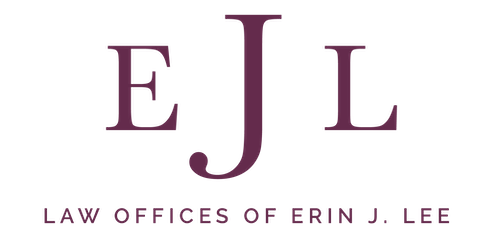On October 15, 2019, the U.S. Citizenship and Immigration Service (USCIS) will implement a new policy regarding a provision in the law regarding an immigrant’s application for a green card and whether they will be a public charge. Currently, the law states that an immigrant is inadmissible if they are determined to be a public charge. So, officers will evaluate whether or not an intending immigrant will be a public charge by looking at certain factors, including whether or not they have a sponsor. The sponsor will sign an affidavit of support that is a contract with the government stating that the sponsor will support the intending immigrant and thus will not become a public charge.
USCIS has announced a new policy on how officers will determine whether or not an intending immigration is a public charge. The current rule states that someone who is likely to become “primarily dependent” on the government for income support is a public charge. Now, a public charge is a person who receives any number of public benefits for more than an aggregate of 12 months over any 36-month period of time. Each benefit used counts toward the 12-month calculation. For example, if an applicant receives two different benefits in one month, that would be considered two-months of benefits.
The rule also expands what kind of benefits will be considered in this calculation. Now, Medicaid, SNAP or food stamps, and Section 8 housing assistance is considered government assistance. The rule sets out a number of other criteria including financial status, size of family, age, education, skills and employment. The officers can even consider English proficiency, medical conditions, and whether or not they have access to private insurance. The rules also states that bonds will be possible is an officer finds inadmissibility based on public charge. However, this option will be highly discretionary and there are many factors where an applicant will be ineligible for a bond.
This new rule is concerning because, if implemented, it will affect many intending immigrations are seeking permanent resident status through family petitions. However, there are several lawsuits currently pending, that are trying to fight the implementation of this new rule. So, we will know more in the coming months. Immigrants should consult with an experienced attorney to learn whether the public charge rule would apply to them or their family.


